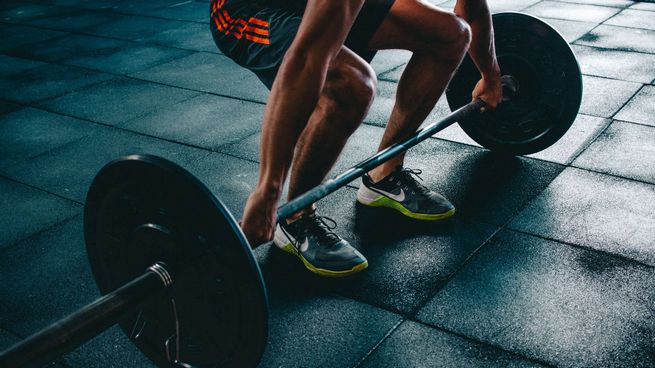Steroids, specifically anabolic steroids, have gained notoriety in both the medical field and among athletes. These synthetic derivatives of testosterone are used to promote muscle growth and enhance physical performance. However, understanding the various methods of application is crucial for their effective and safe usage.
Types of Steroids
Before delving into the methods of application, it’s essential to recognize the different types of steroids available:
- Anabolic Steroids: Primarily used for muscle growth and performance enhancement.
- Corticosteroids: Used to reduce inflammation and suppress the immune system.
- Sex Hormones: Such as estrogen and testosterone, which can also be classified as steroids.
Each type has its specific applications, benefits, and drawbacks.
Methods of Application
The method of application for steroids can vary depending on the type and purpose of the steroid being used. Common methods include oral ingestion, injection, and topical application. Each method has its own advantages and potential side effects, and the choice of method should be guided by medical advice and individual needs. For more detailed information on the various methods of steroid application, you can visit https://englandpharmacy.co.uk/, where you can find comprehensive resources and guidance on the subject.
1. Oral Ingestion
Oral steroids come in tablet or liquid form. They are generally easier to use and do not require needles, making them popular among first-time users.
Advantages:
- Ease of administration.
- No need for injections or special equipment.
Disadvantages:
- Potential liver damage with long-term use.
- Less effective than injectable forms.
2. Injection
Injectable steroids are typically administered intramuscularly and are more commonly used among bodybuilders and athletes seeking significant gains.
Advantages:
- Higher potency compared to oral forms.
- Lower risk of liver toxicity.
Disadvantages:
- Requires proper technique and sterile equipment.
- Pain at the injection site and risk of infection.

3. Topical Application
Topical steroids, often found in creams and gels, are frequently prescribed for localized issues such as skin inflammation or rashes.
Advantages:
- Targeted treatment with minimal systemic absorption.
- Lower risk of systemic side effects.
Disadvantages:
- Limited effectiveness for muscle gain.
- Possible skin irritation or allergic reactions.
Considerations Before Use
Before starting any steroid regimen, it is vital to weigh the potential risks and benefits. Some considerations include:
- Medical Supervision: Always use steroids under the guidance of a healthcare professional.
- Dosage: Adhering to prescribed dosages minimizes health risks.
- Purpose: Understand why you are using steroids—whether for medical reasons, bodybuilding, or other purposes.
Potential Side Effects
While steroids can provide significant benefits, they also carry the risk of numerous side effects:
- Hormonal Imbalances: Changes in libido, mood swings, and developmental issues.
- Liver Damage: Particularly associated with oral steroids.
- Cardiovascular Issues: Elevated blood pressure and risk of heart disease.
- Psychological Effects: Aggression, anxiety, and depression.
Conclusion
In conclusion, the methodology of applying steroids varies widely, encompassing oral, injectable, and topical routes. Each method has distinct advantages and challenges, necessitating careful consideration and consultation with medical professionals. Users must remain aware of the potential side effects and legal implications associated with steroid use to ensure safe practices. Understanding these factors will not only enhance the effectiveness of steroid use but also safeguard against possible health complications..